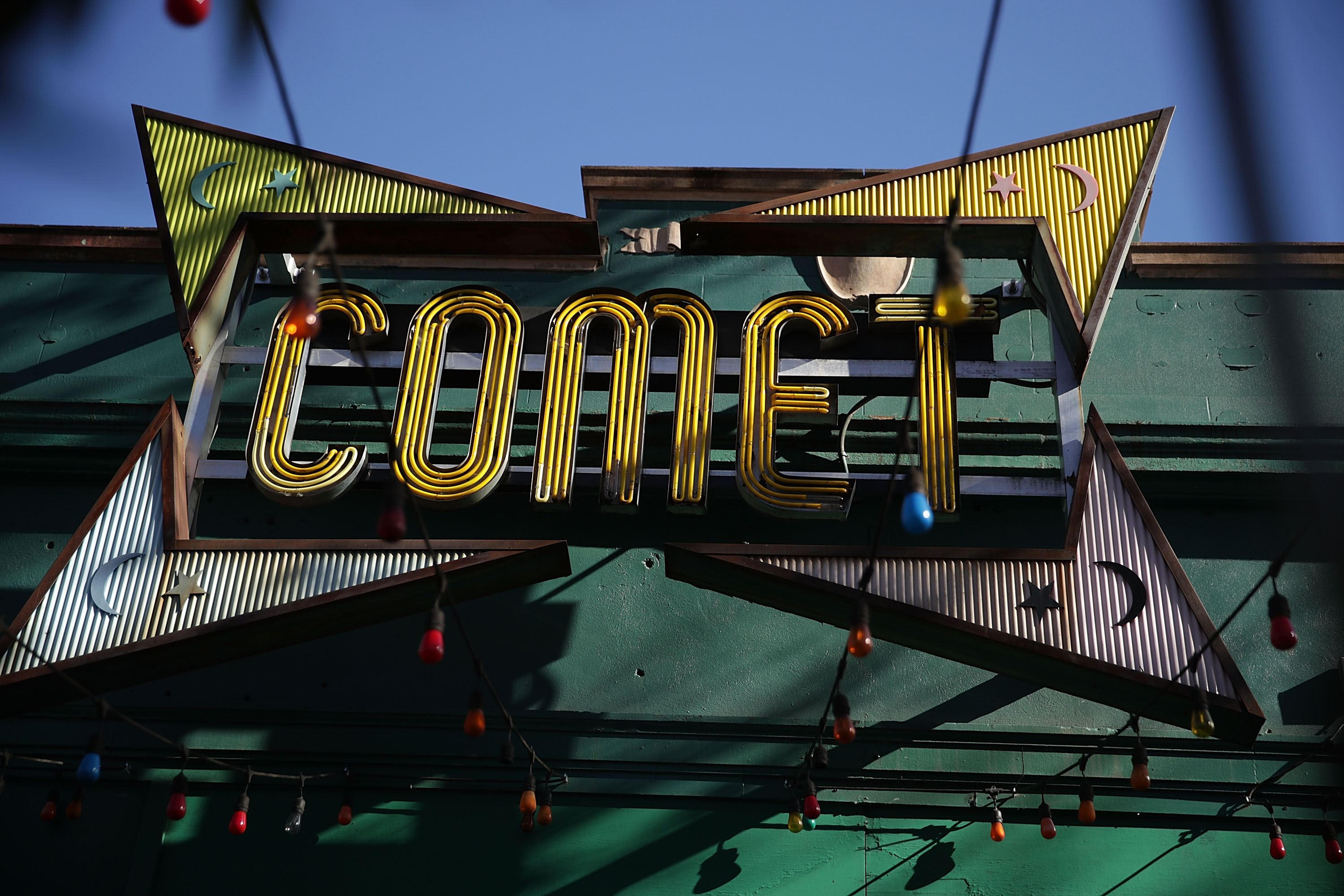
By now, everyone’s probably familiar with the ridiculous conspiracy theory called Pizzagate. Far-right conspiracy theorists believed they’d found a Scooby-Doo like collection of evidence pointing to a Washington DC pizza restaurant, Comet Ping Pong, being a cover for a child sex trafficking ring being run by Hillary Clinton and her campaign manager, John Podesta. It was all very dumb and laughable until a man showed up at Comet with an assault rifle convinced it was true, narrowly avoiding a tragedy. And how it spread illustrates that Facebook, Twitter, and the rest of social media’s claims about the wisdom of crowds and the almighty algorithm is little more than marketing hype.
The Washington Post has an in-depth analysis on how Pizzagate went from paranoid theory to actual threat, and there are a few passages, in particular, that stand out for how it propagated. There are the usual suspects, most notably Alex Jones and his Infowars outfit — Jones claimed on his show that “Hillary Clinton has personally murdered children” — 4Chan, and Reddit, but what really pushed it, in many cases, were Twitter bots.
An oddly disproportionate share of the tweets about Pizzagate appear to have come from, of all places, the Czech Republic, Cyprus and Vietnam, said Jonathan Albright, an assistant professor of media analytics at Elon University in North Carolina. In some cases, the most avid retweeters appeared to be bots, programs designed to amplify certain news and information.
“What bots are doing is really getting this thing trending on Twitter,” Albright said. “These bots are providing the online crowds that are providing legitimacy.”
The Post notes that who programmed these bots and why remains unclear, but in the end, it doesn’t matter. They did what they were supposed to do: Spread fear, paranoia, and hate. Whether the bots were built to draw followers to spam accounts, give legitimacy to a conspiracy theory, or sell counterfeit prescription drugs is almost beside the point. It’s been clear for years that social media can turn suddenly, violently toxic; what’s different now is that somebody decided to make money off of it, and nearly got people killed in the process.
Silicon Valley is notorious for an aversion to responsibility, making grandiose, optimistic claims about the platforms it builds and then stating it has no responsibility for how those tools are misused when someone inevitably does misuse them. Facebook has refused to grant its users any control over the site but simultaneously takes no responsibility for what sits on its servers when it faces criticism over spreading propaganda.
But in regards to Pizzagate it’s true there’s only so much websites can do about their users and that social media doesn’t control minds. But there’s a difference between a fake celebrity death making the rounds and an actual threat. There was plenty of warning that Pizzagate was about to become enormously dangerous, with weeks of threatening phone calls and an avalanche of nasty comments. If the election has made anything clear, it’s that Silicon Valley’s faith in the wisdom of crowds and algorithms to sort real from false is sorely misplaced. It needs to find a new solution, and learn the difference between the general credulousness the internet is known for, and misinformation that threatens peoples’ lives.
Finally, what’s it gonna take for someone to slap a libel lawsuit on this guy?
https://www.youtube.com/watch?v=Uf6jP_WfqYM
(via The Washington Post)
